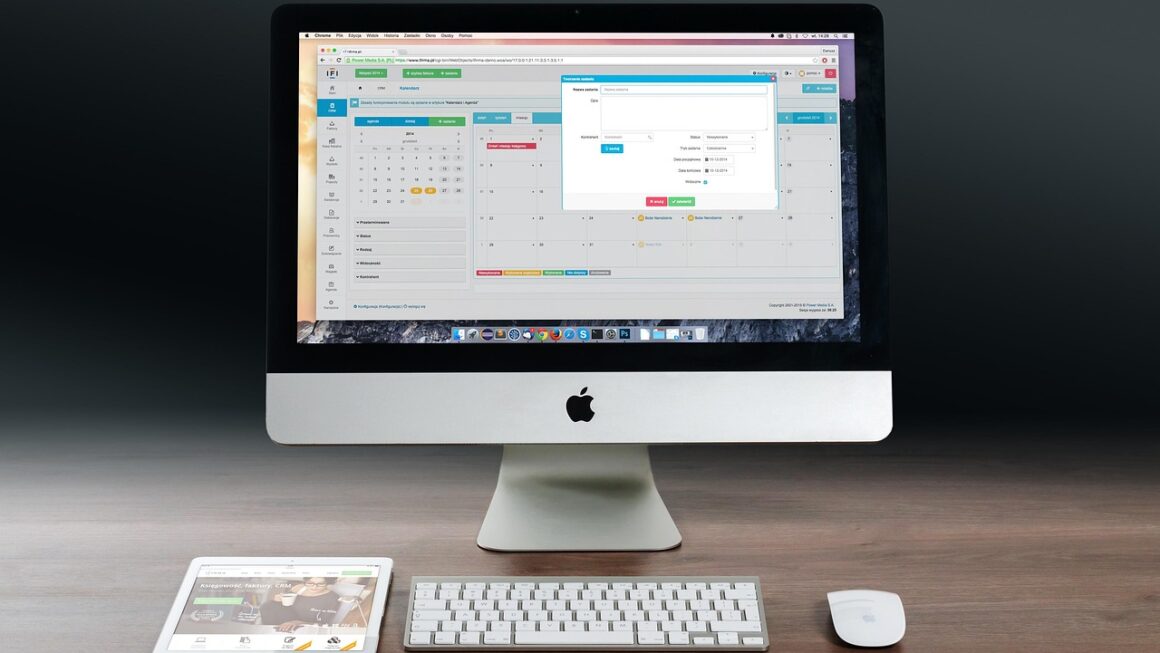Freelancing has exploded in popularity, offering individuals unparalleled flexibility, autonomy, and the potential for increased earnings. But diving into the world of career freelancing requires careful planning and execution. This comprehensive guide will walk you through the essential steps to build a successful and sustainable freelance career.
Understanding Career Freelancing
What is Career Freelancing?
Career freelancing is more than just picking up occasional gigs. It’s about strategically building a full-time professional life around independent work. It involves:
- Building a Brand: Defining your expertise and marketing yourself effectively.
- Client Acquisition: Developing a consistent pipeline of work.
- Financial Management: Handling invoicing, taxes, and business expenses.
- Professional Development: Continuously improving your skills and staying relevant.
Unlike casual freelancing, career freelancing is a deliberate choice to build a long-term, sustainable income and professional identity. It’s about being your own boss and crafting a career on your own terms.
Benefits of a Freelance Career
Choosing a freelance career offers a multitude of advantages:
- Flexibility: Set your own hours and work from anywhere with an internet connection.
- Autonomy: Choose projects that align with your skills and interests.
- Income Potential: Earn more than a traditional job by setting your own rates.
- Variety: Work on diverse projects and constantly learn new things.
- Work-Life Balance: Design a schedule that fits your personal needs.
- Career Growth: Develop a broad range of skills and build a unique professional profile.
According to Statista, the global freelance market is estimated to reach $455 billion by 2023. This highlights the growing demand for skilled freelancers across various industries.
Potential Challenges
While freelancing offers many benefits, it also presents challenges:
- Inconsistent Income: Income can fluctuate depending on project availability.
- Self-Discipline: Requires strong self-motivation and time management skills.
- Marketing Yourself: Must actively promote your services to attract clients.
- Administrative Tasks: Responsible for invoicing, taxes, and other business tasks.
- Isolation: Working alone can sometimes lead to feelings of isolation.
Preparation and strategic planning are key to overcoming these challenges and building a thriving freelance career.
Identifying Your Niche and Skills
Defining Your Expertise
The first step in launching a successful freelance career is to identify your niche and the skills you can offer. This involves:
- Skills Assessment: List all your skills, both hard and soft. What are you good at? What do you enjoy doing?
- Market Research: Research the demand for your skills. Which industries are hiring freelancers with your skillset?
- Niche Selection: Choose a specific area to specialize in. This allows you to become an expert and charge higher rates.
- Example: Instead of offering “general writing services,” specialize in “SEO copywriting for SaaS companies.”
Building Your Portfolio
A strong portfolio is essential for showcasing your skills and attracting clients. Here’s how to build one:
- Showcase Your Best Work: Include samples that demonstrate your expertise and highlight your achievements.
- Create Sample Projects: If you don’t have existing work, create sample projects relevant to your niche.
- Solicit Testimonials: Ask past clients or colleagues for testimonials to build credibility.
- Website or Online Platform: Host your portfolio on a professional website or platform like Behance or Dribbble.
For example, a freelance web developer might include screenshots and links to websites they’ve built, along with client testimonials discussing the project’s success.
Continuous Learning
The freelance landscape is constantly evolving, so it’s crucial to continuously improve your skills:
- Online Courses: Enroll in online courses on platforms like Coursera, Udemy, or Skillshare.
- Industry Publications: Stay up-to-date with industry news and trends by reading relevant publications.
- Networking: Attend industry events and connect with other professionals in your field.
- Feedback: Seek feedback from clients and colleagues to identify areas for improvement.
Investing in your professional development will help you stay competitive and increase your earning potential.
Finding Clients and Building Relationships
Online Platforms
Several online platforms connect freelancers with potential clients:
- Upwork: A popular platform with a wide range of freelance opportunities.
- Fiverr: A platform where freelancers offer services starting at $5.
- LinkedIn: A professional networking platform that can be used to find freelance gigs.
- Toptal: A platform that focuses on connecting clients with top freelance talent.
When using these platforms, it’s essential to:
- Create a Compelling Profile: Highlight your skills, experience, and portfolio.
- Target Your Applications: Tailor your proposals to each project.
- Set Competitive Rates: Research the market and set rates that are competitive but also reflect your value.
- Provide Excellent Service: Exceed client expectations to build a positive reputation.
Networking
Networking is crucial for building a sustainable freelance business:
- Attend Industry Events: Connect with potential clients and collaborators in your field.
- Join Online Communities: Participate in online forums and groups related to your niche.
- Leverage Social Media: Use social media platforms like LinkedIn and Twitter to build your network and promote your services.
- Informational Interviews: Reach out to professionals in your field for informational interviews to learn about their experiences and build relationships.
Building Strong Client Relationships
Maintaining strong client relationships is key to securing repeat business and referrals:
- Communication: Communicate regularly with clients to keep them informed of your progress.
- Professionalism: Maintain a professional demeanor and deliver high-quality work on time.
- Going the Extra Mile: Exceed client expectations to build trust and loyalty.
- Feedback: Solicit feedback from clients to identify areas for improvement.
For example, a freelance graphic designer might send regular updates to a client during the design process, providing drafts and asking for feedback to ensure the final product meets their needs.
Managing Your Freelance Business
Financial Management
Effective financial management is crucial for the long-term success of your freelance business:
- Separate Business and Personal Finances: Open a separate bank account for your business.
- Track Income and Expenses: Use accounting software like QuickBooks or Xero to track your income and expenses.
- Budgeting: Create a budget to manage your cash flow and ensure you have enough money to cover your expenses.
- Invoicing: Create professional invoices and send them to clients promptly.
- Taxes: Understand your tax obligations and set aside money to pay your taxes.
Time Management and Productivity
Effective time management is crucial for meeting deadlines and maintaining a healthy work-life balance:
- Time Blocking: Allocate specific blocks of time for different tasks.
- Prioritization: Prioritize tasks based on their importance and urgency.
- Eliminate Distractions: Create a dedicated workspace and minimize distractions.
- Use Productivity Tools: Utilize productivity tools like Trello, Asana, or Todoist to manage your tasks and projects.
- Take Breaks: Schedule regular breaks to avoid burnout and maintain focus.
Legal Considerations
Understanding legal considerations is crucial for protecting your business:
- Contracts: Use contracts to clearly define the scope of work, payment terms, and other important details.
- Intellectual Property: Understand your rights regarding intellectual property and ensure you protect your work.
- Liability Insurance: Consider obtaining liability insurance to protect yourself from potential lawsuits.
- Business Structure: Choose the right business structure (e.g., sole proprietorship, LLC) based on your needs and goals.
It is advisable to consult with a legal professional to ensure you are compliant with all applicable laws and regulations.
Conclusion
Building a successful career in freelancing requires dedication, planning, and continuous learning. By identifying your niche, building a strong portfolio, finding clients, managing your finances, and staying up-to-date with industry trends, you can create a rewarding and fulfilling freelance career. Embrace the challenges, celebrate the successes, and enjoy the freedom and flexibility that freelancing offers. Remember that perseverance and adaptability are key to thriving in the dynamic world of independent work.




